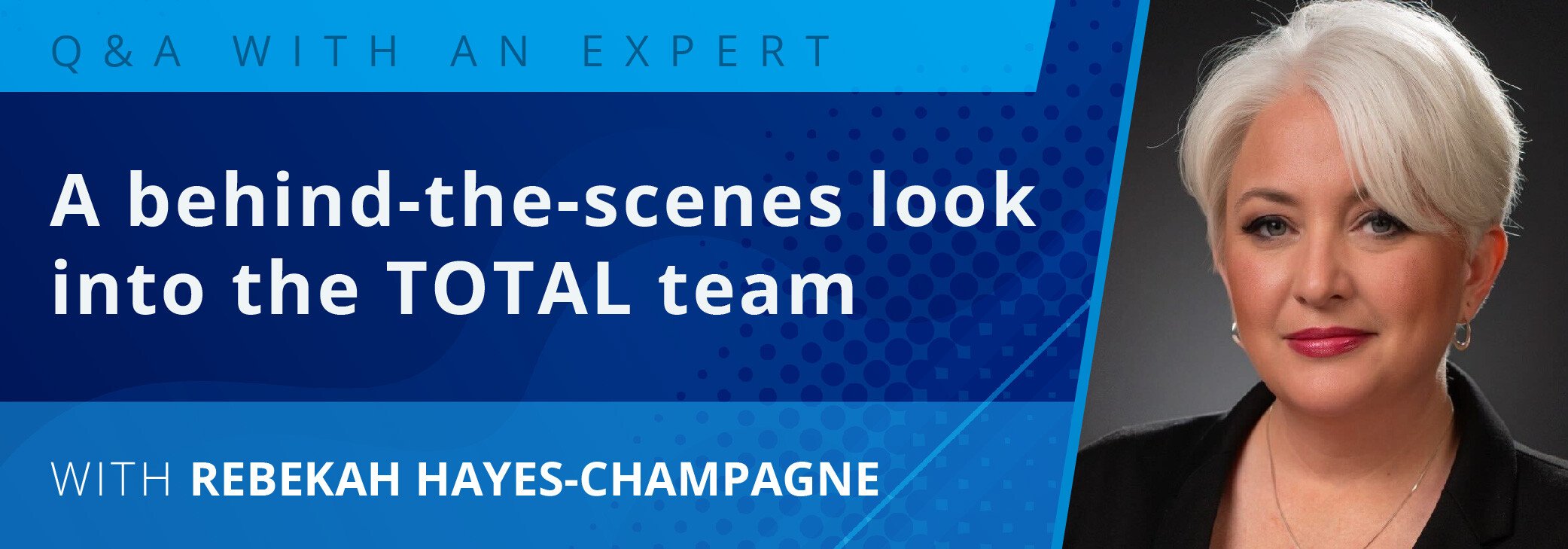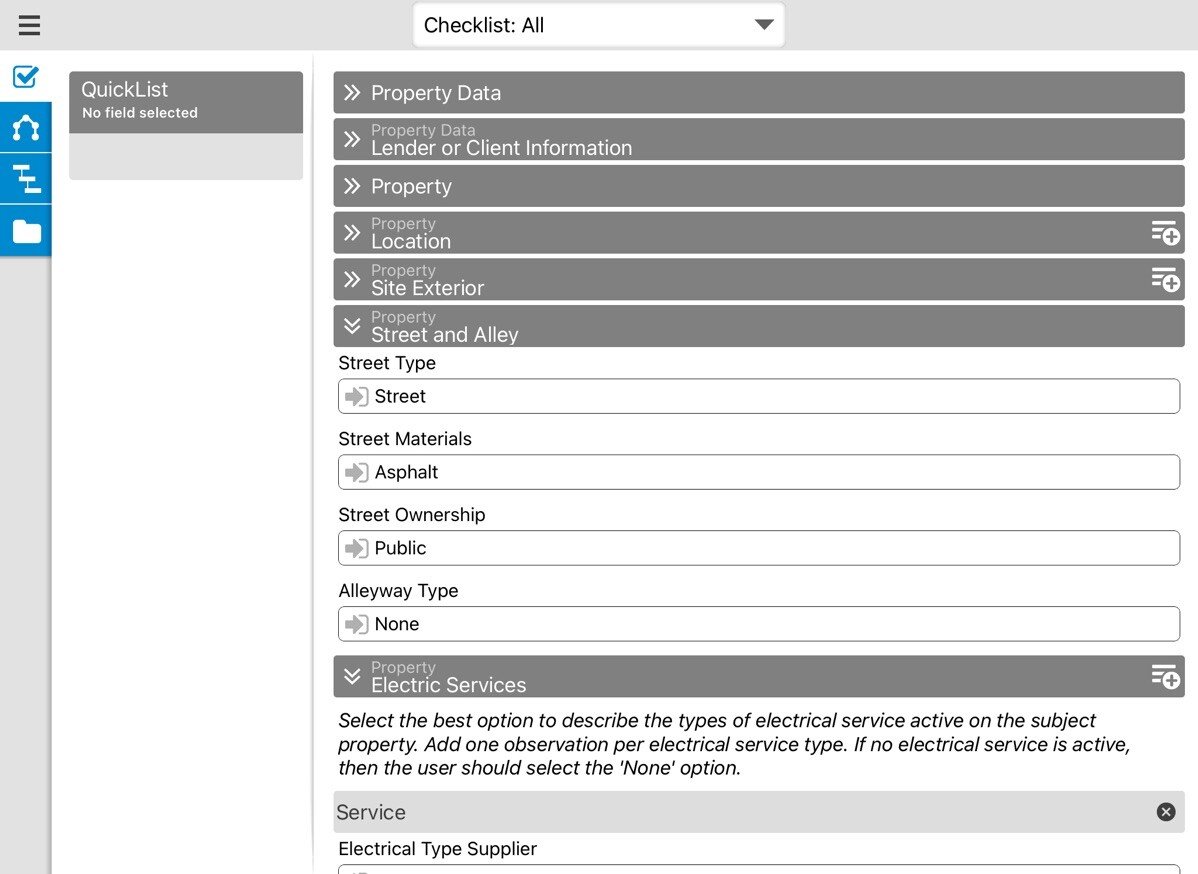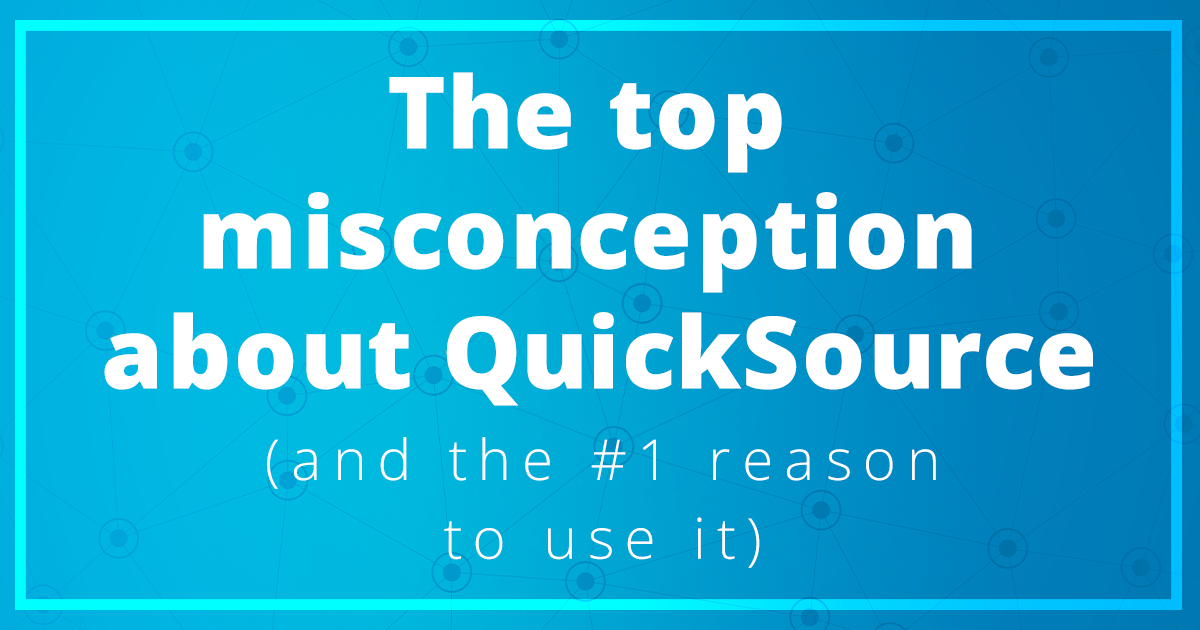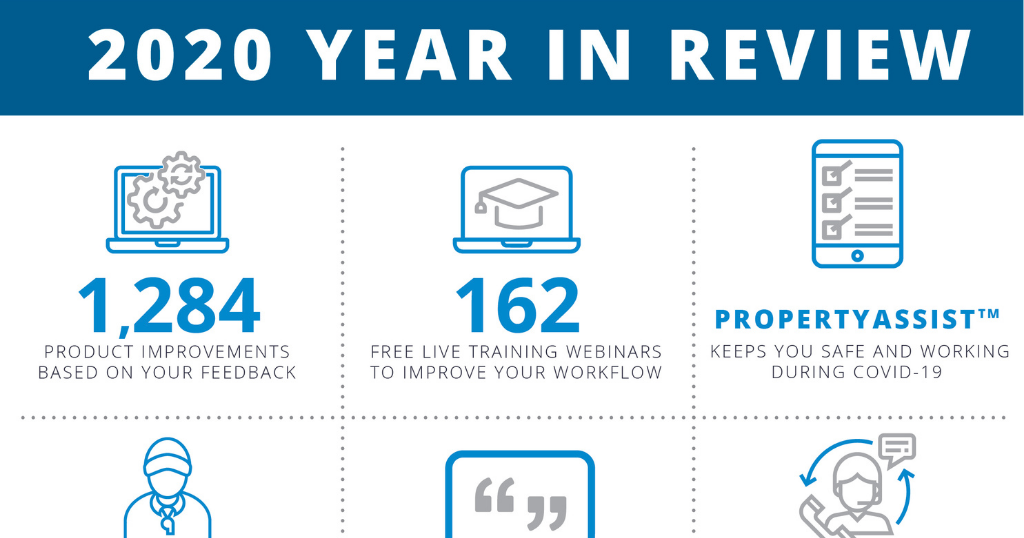One of the secrets to boosting your search engine ranking is lots of what are called inbound links — links to your XSite on other websites. Not every inbound link is created equal, though. The most sophisticated search engine algorithms are looking for relevant inbound links.
This article is part of the Marketing Classroom series
Marketing 101 for appraisers, the Appraiser Classroom is a dedicated page providing appraisers with all the latest how-tos, tips and tricks, and guidance to get high-fee, non-lender work. Click here to go to the Appraiser Classroom.
Here's an illustration. There are in the dark recesses of the Internet what are called link farms. According to Wikipedia, a link farm is a "group of web pages that all hyperlink to every other page in the group." Search engines have rightly learned to discount these spammy links. Submitting your site to a bunch of link farms, though it will increase the number of inbound links to your XSite, won't help your search engine rank.
Now let's say that you've written a particularly intelligent, concise, persuasive content page about the rise of client pressure in 80/20 loans. Lots of your colleagues link to it because they're impressed by your writing, reasoning and rugged good looks. Search engines love these kinds of inbound links, because they're the result of actual people who can choose whether or not to link, choosing to link because the content is good.
Fortunately for the misunderstood geniuses — or just impatient — among us, you don't have to rely on your colleagues finding and being duly impressed by your writing. Sites like www.ezinearticles.com, www.top7business.com, www.goarticles.com and other article syndication sites let you upload your original material, including your short bio and link to your website, for view by thousands of readers.
Your relevant, search engine friendly inbound links can get a potentially huge boost. And as your article is syndicated to other websites and e-news publishers, not only do your links increase, so does exposure to people looking for an appraiser.
Here's how it works. You write a short — let's say, 500 word — article about appraising, property values, the real estate market, whatever you're an expert in (and is relevant to your business). You upload it to one of the article syndication sites. It's posted on those sites, syndicated to others, and sometimes picked up by e-zine publishers. (Read each site's Terms of Service to see what copy and distribution rights you're giving them.)
You get lots of relevant inbound links. People searching the Web for the kind of information you've written about have a better chance and finding your site, too, thanks to your bio and link on the article.
Keep in mind: Each site is likely to have its own standards as to length, format, subject matter, etc. Top7business.com for example only wants "7 tips" articles, with an introduction, seven tips, and your bio. Each site has its own Terms of Service you need to read carefully. And because you want to attract search engine attention, as well as actual humans looking for an appraiser in your market, you want your articles to be related to your business.
Most importantly, your article must be original. If you're ripping off someone else's work, you're breaking the law, and the site's Terms of Service, and you're a terrible person. You won't get the exposure you're looking for if the site doesn't accept your article for publication. And yes — there are easy ways for article syndicators to know whether you're passing someone else's work off as your own.
If you've used these kinds of sites to market your business, or if you try it based on this article, we'd love to hear how it went. Write the editor with success stories.



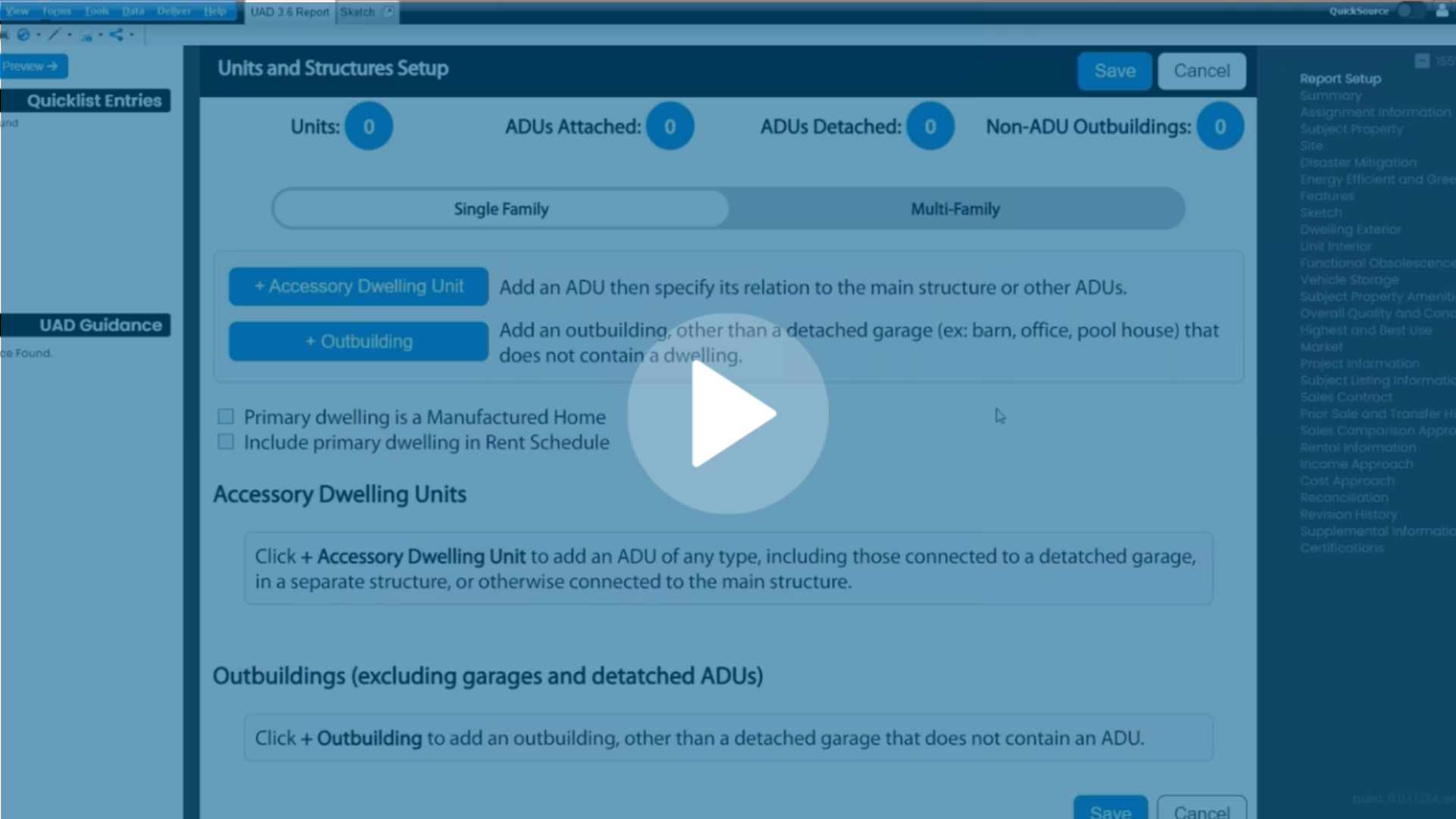
.png)
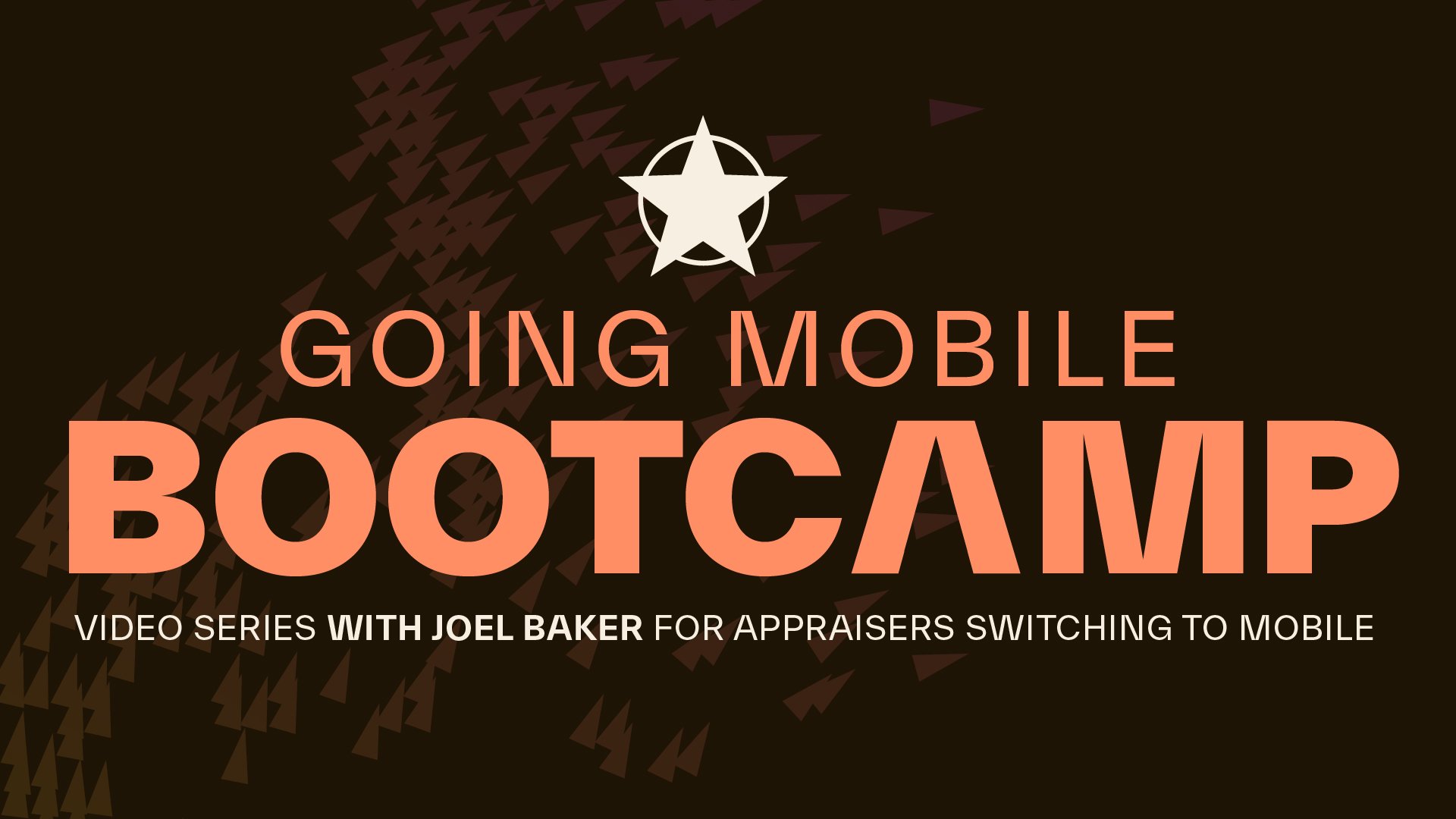
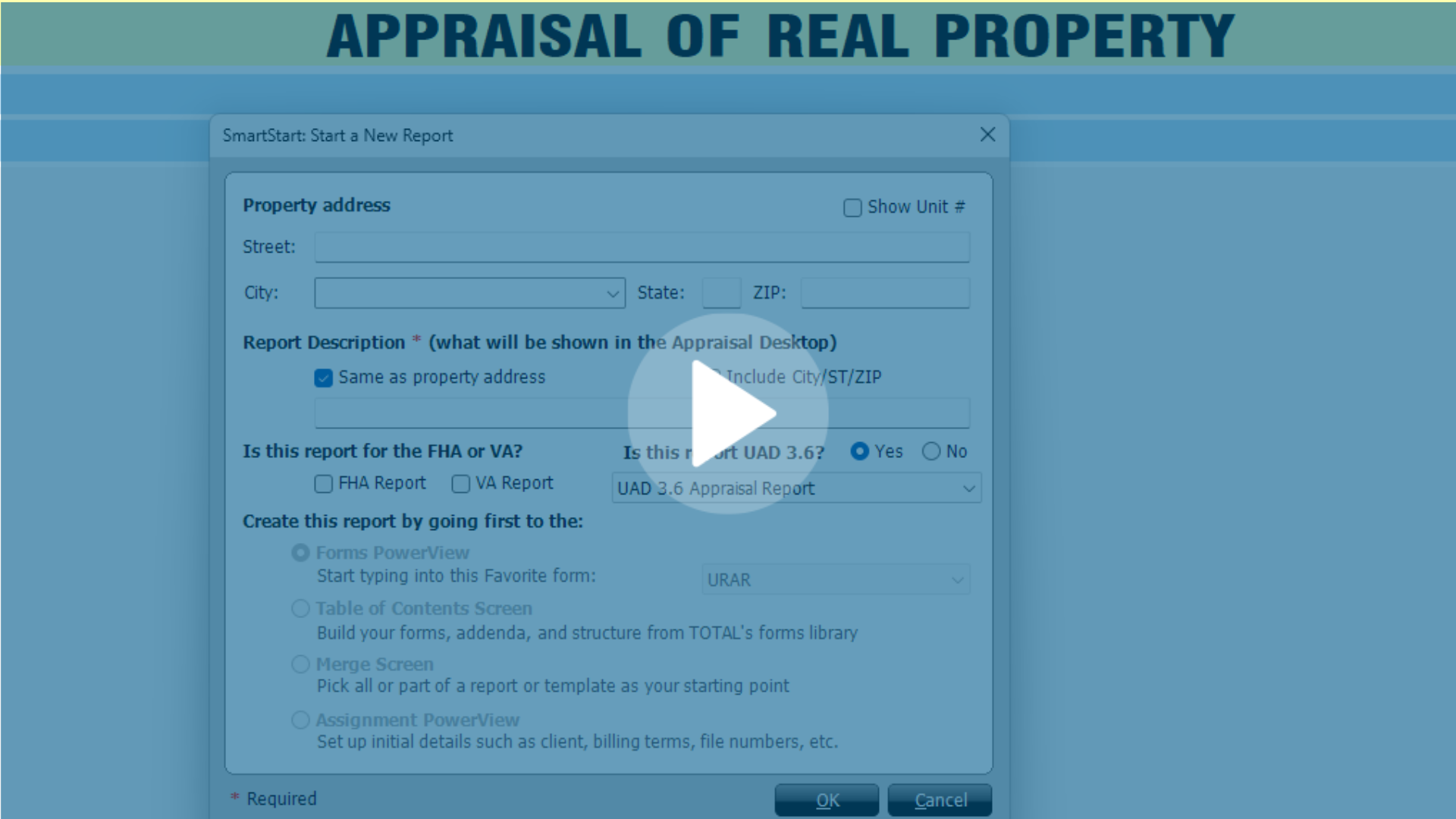


.png)
-1.png)
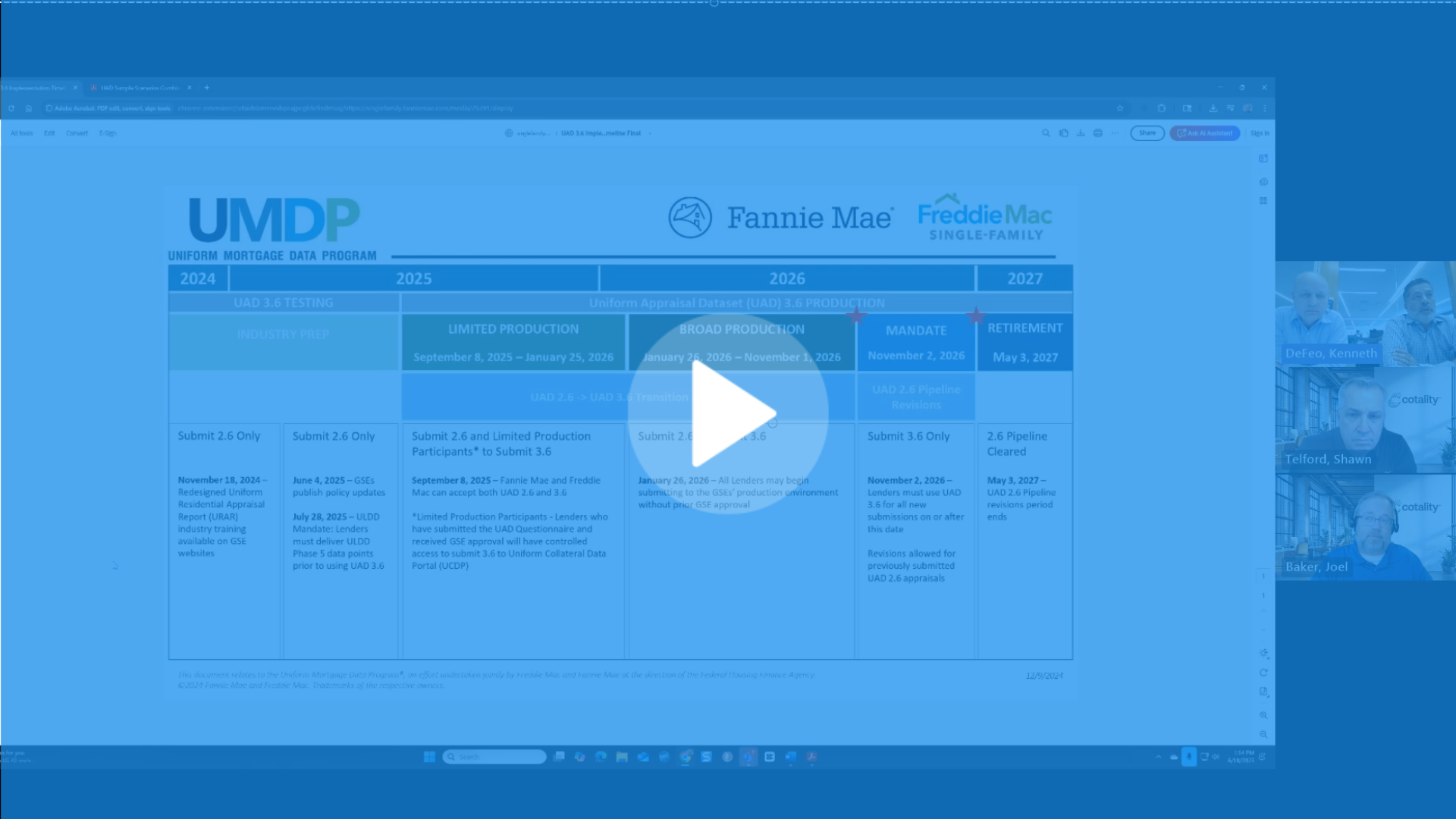
.png)
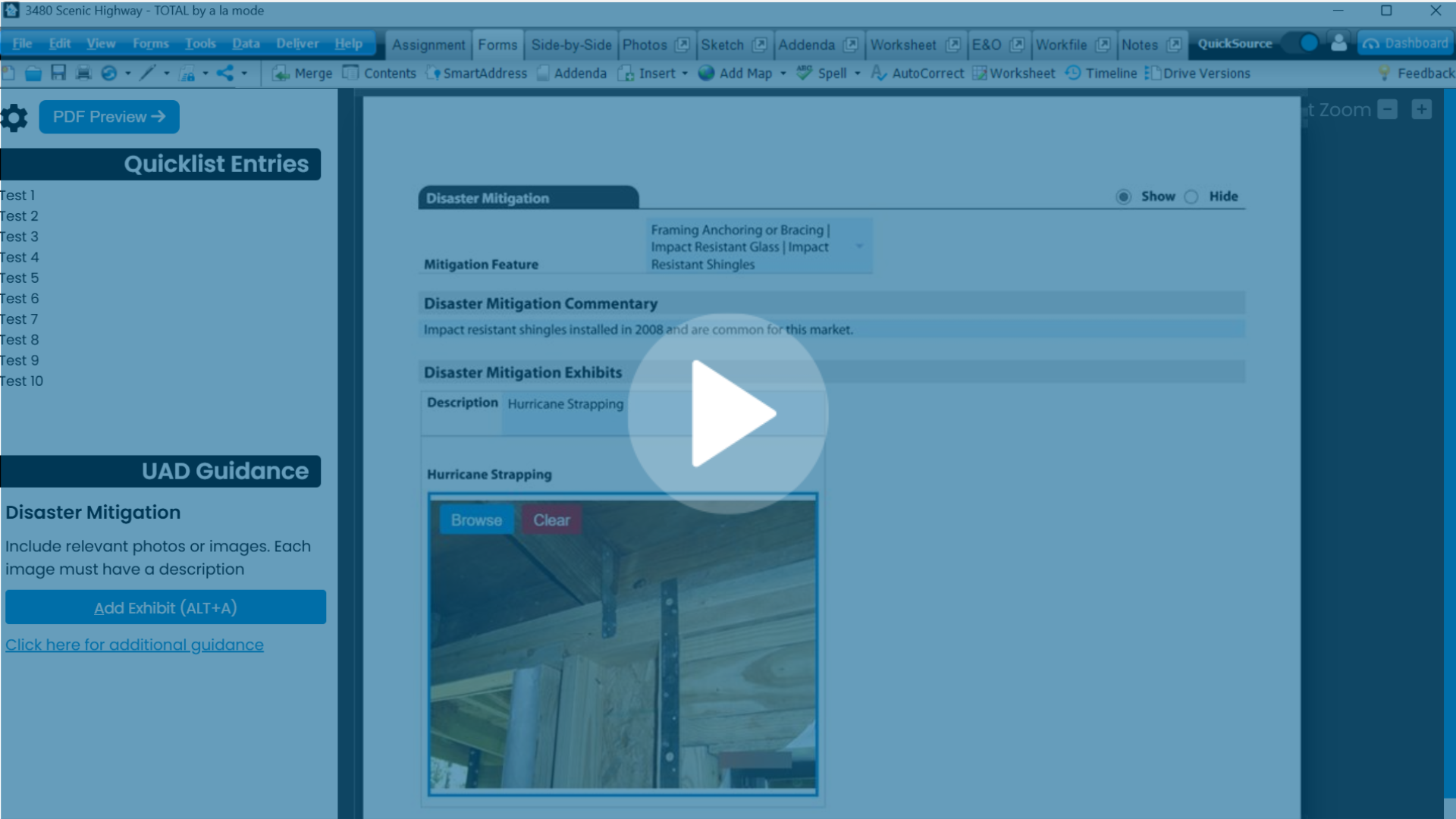
.png)
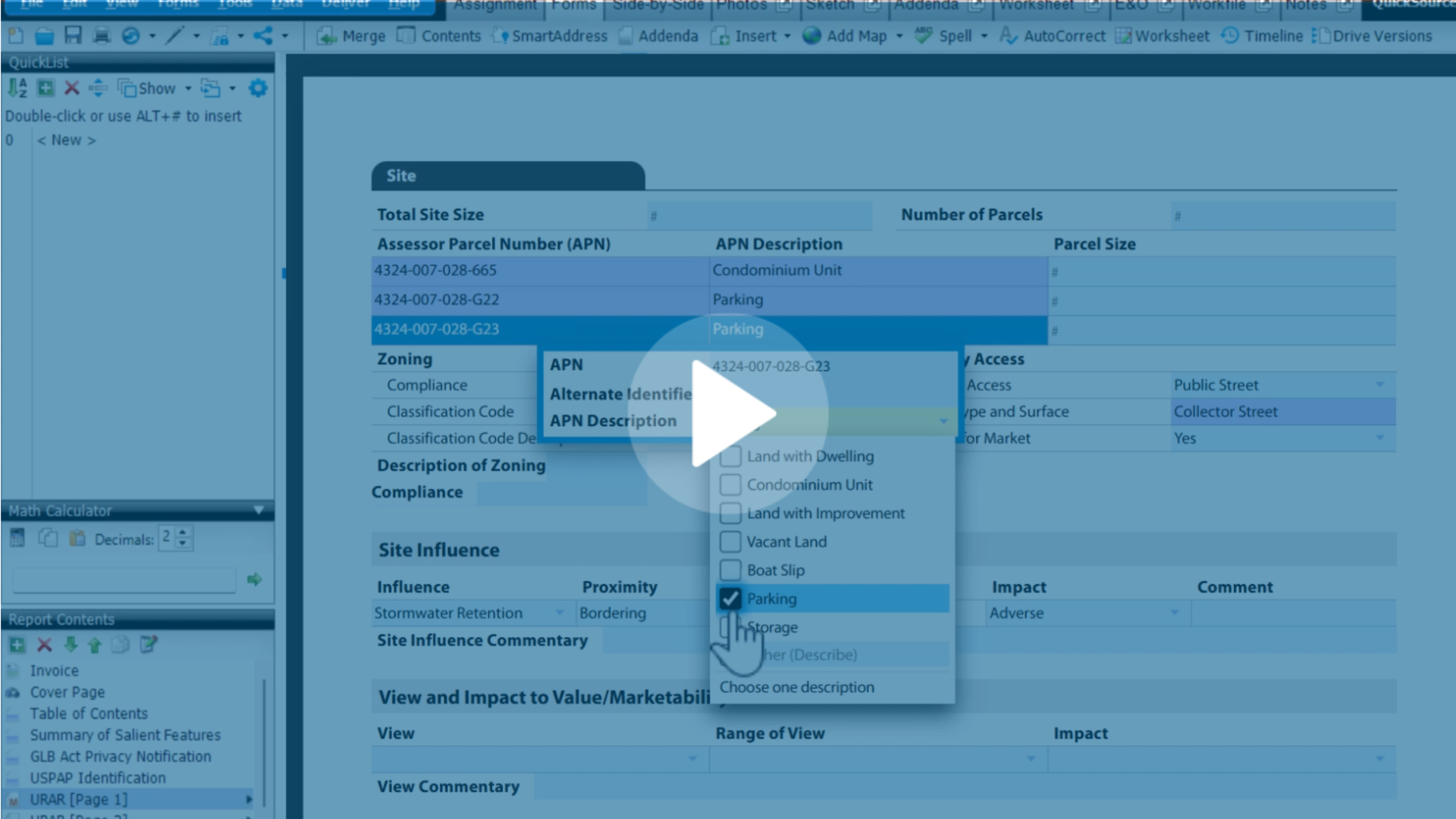
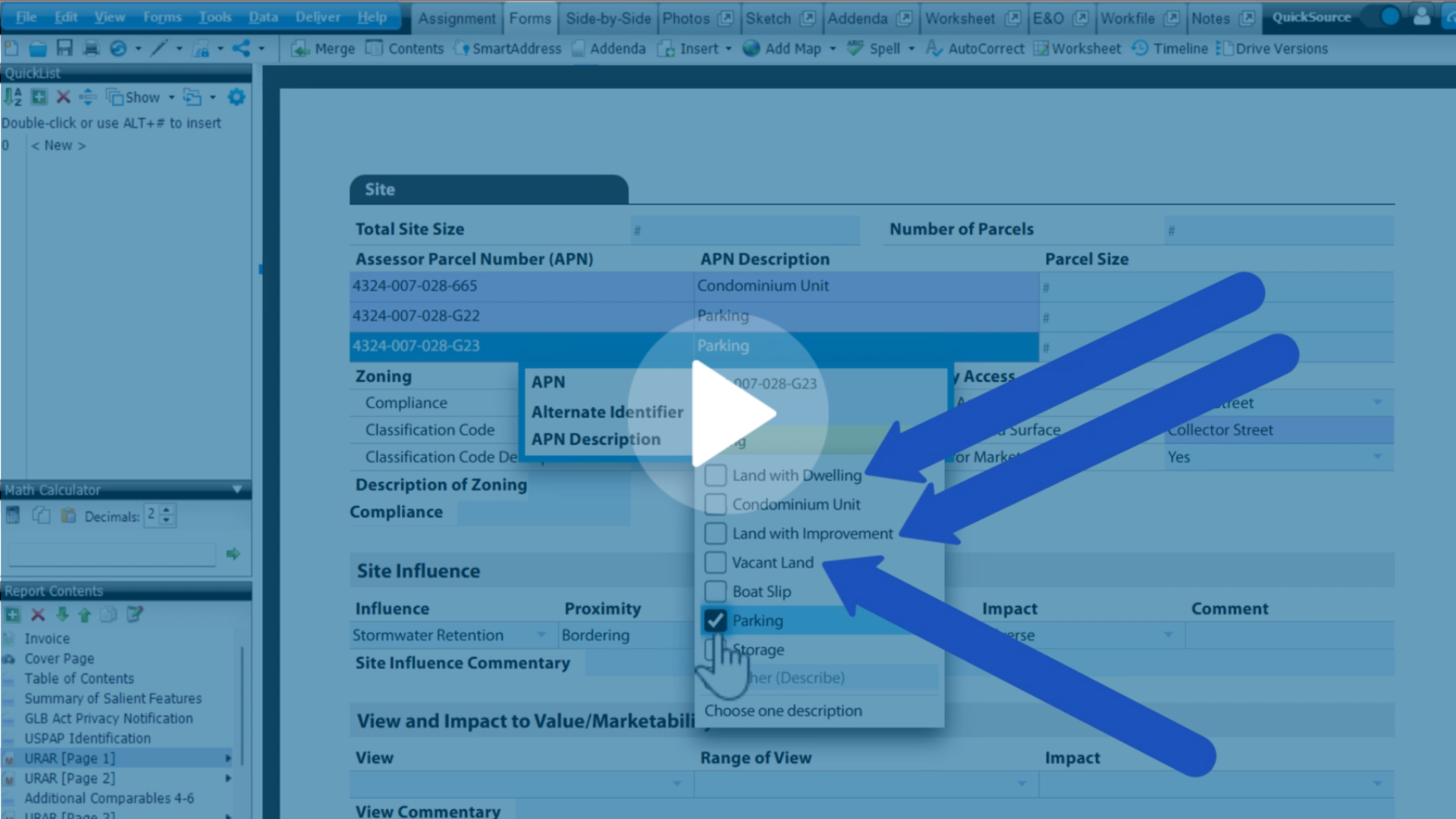
.png)
.png)
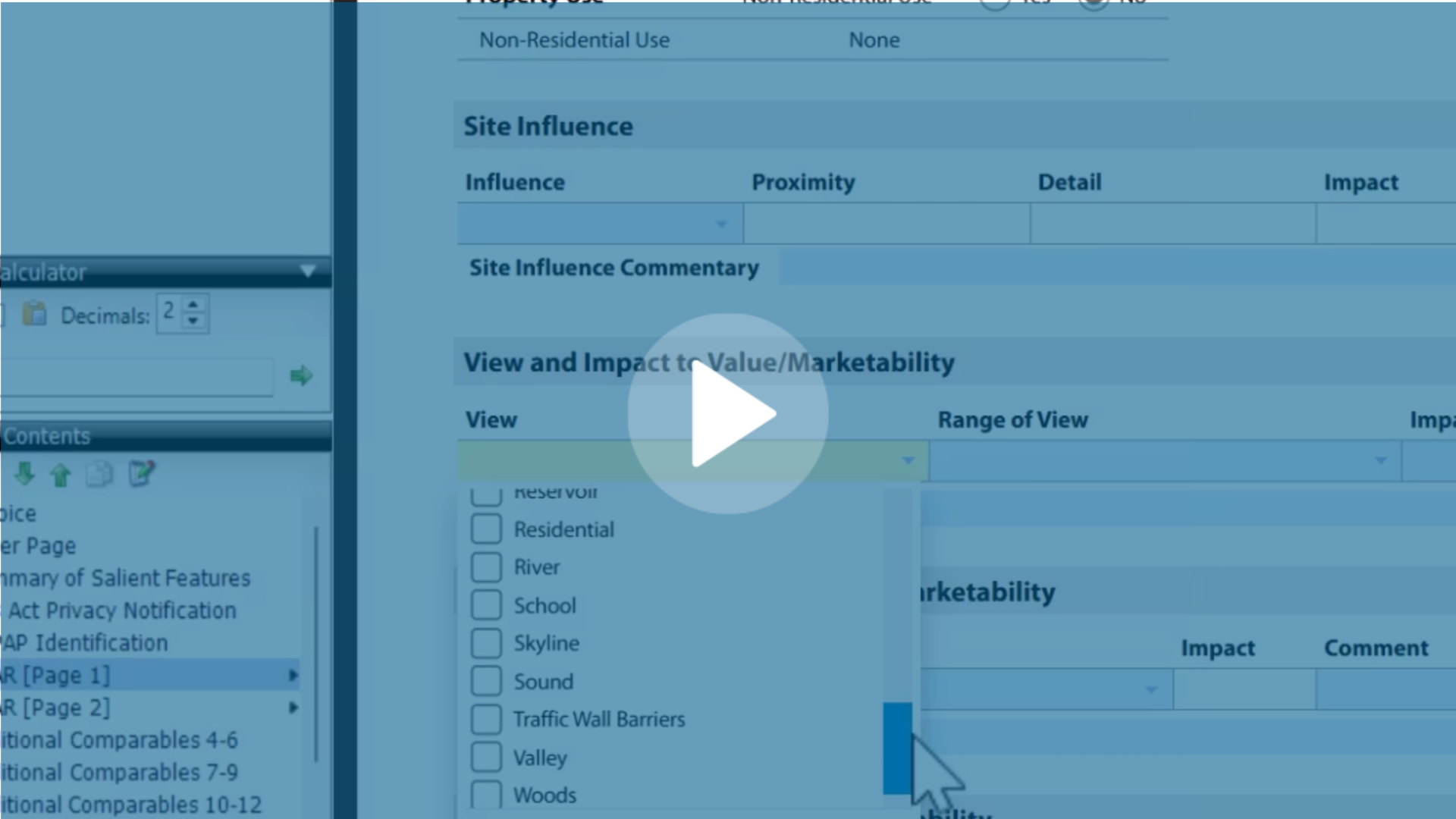
.jpg)
.png)
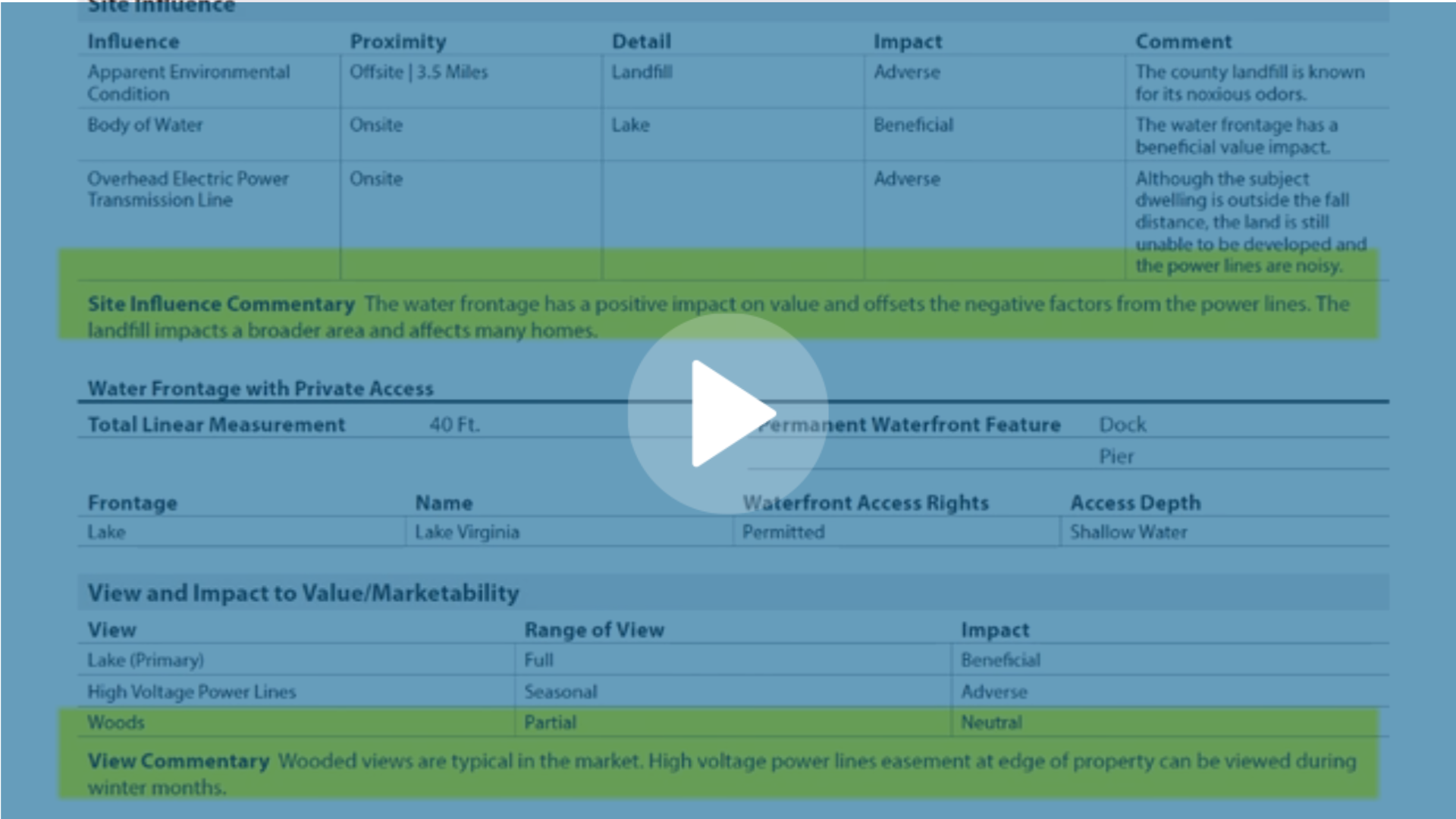
-1.png)









